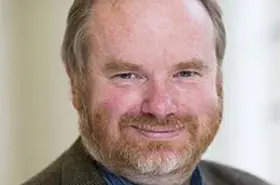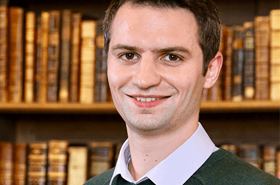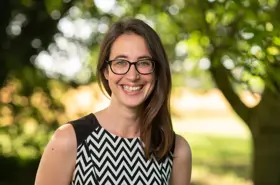Project LEO, Energy and Power Group, Department of Engineering Science, University of Oxford
Project LEO: Local Energy Oxfordshire
Developing a smart and local flexibility market for Oxfordshire that accelerates the transition to a reliable, zero carbon and equitable energy system.
Project Local Energy Oxfordshire (LEO) is one of the most ambitious, wide-ranging, innovative, and holistic smart grid trials ever conducted in the UK. LEO will improve our understanding of how opportunities can be maximised and unlocked from the transition to a smarter, flexible electricity system and how households, businesses and communities can realise its benefits.
Project LEO seeks to create the conditions that replicate the electricity system of the future to better understand these relationships, and grow an evidence base that can inform how we manage the transition to a smarter electricity system. It will inform how DSOs function in the future, show how markets can be unlocked and supported, create new investment models for community engagement, and support the development of a skilled community positioned to thrive and benefit from a smarter, responsive and flexible electricity network.
Any future smart energy system will generate and consume numerous different types of data from a variety of sources when operational. Project LEO will couple the location of local energy assets (e.g. solar farms and batteries), with the time varying response of both energy generation and demand. Through consideration of both spatial and temporal data, a whole-system approach can be taken to evaluate past performance, optimise operation, prioritise retrofit potential and inform future local clean growth strategies. Project LEO will also contribute to defining new energy related data standards and data curation methods to ensure future value can be extracted by stakeholders beyond the project.
This future system learning and planning work will be led by researchers at the University of Oxford, in collaboration with researchers at Oxford Brookes University and the Innovation team at Oxfordshire County Council.



